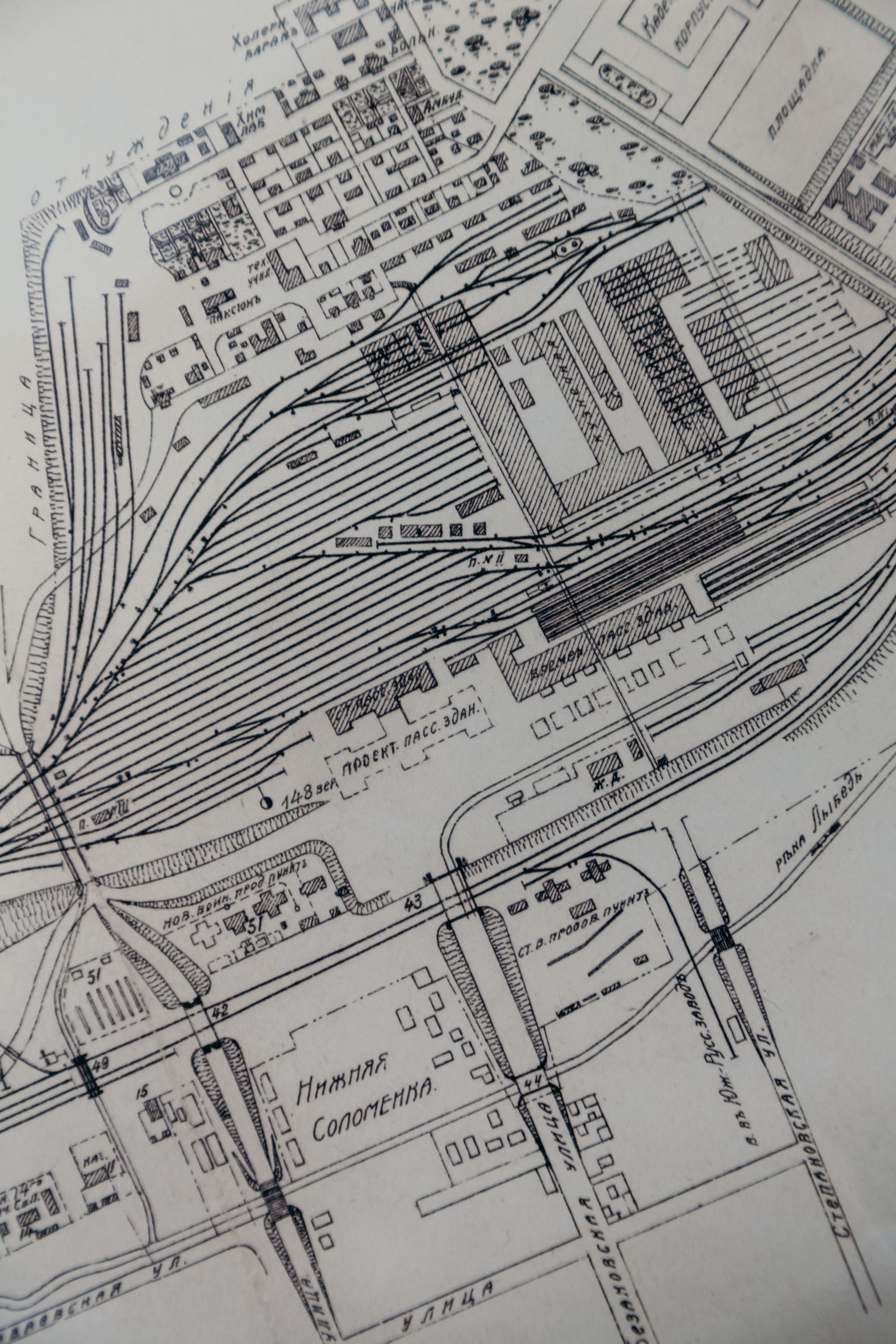The Importance of Accuracy and Data Tracking in Construction Submittals
In the fast-paced and highly detailed world of construction, accuracy and data tracking are crucial components that significantly impact the success of any project. Submittals, which include shop drawings, material data, samples, and product data, serve as the primary tools for architects and engineers to verify that what is being constructed aligns with the design specifications. Ensuring accuracy and proper data tracking in these submittals is not just a best practice—it is a necessity for the integrity, efficiency, and safety of the construction process.
1. Ensuring Compliance and Quality
One of the foremost reasons accuracy in submittals is vital is to ensure compliance with project specifications and building codes. Accurate submittals confirm that all materials and methods meet the specified requirements, which helps maintain the quality and integrity of the construction. Inaccuracies can lead to the use of substandard materials or incorrect methods, potentially compromising the entire structure's safety and durability.
2. Preventing Costly Mistakes
Errors in submittals can lead to significant rework, delays, and additional costs. For instance, if a submittal inaccurately represents a material or product, it may need to be replaced after installation, causing project delays and additional expenses. By ensuring that submittals are accurate and thoroughly reviewed, project teams can prevent these costly mistakes and keep the project on schedule and within budget.
3. Enhancing Communication and Coordination
Accurate data tracking in submittals fosters better communication and coordination among all project stakeholders. With clear and precise information, architects, engineers, contractors, and subcontractors can collaborate more effectively, ensuring everyone is on the same page. This reduces misunderstandings and ensures that the project progresses smoothly.
4. Facilitating Accountability
Accurate submittals create a clear record of what has been approved and installed, facilitating accountability. In the event of disputes or issues, detailed submittals provide a reference point to verify that all parties adhered to the agreed-upon specifications. This accountability is crucial for maintaining trust and transparency throughout the project lifecycle.
5. Improving Project Documentation
Comprehensive data tracking enhances project documentation, which is invaluable for future reference, maintenance, and operations. Accurate submittals contribute to a detailed project archive that can be used for maintenance schedules, future renovations, or even legal purposes. Well-documented projects are easier to manage and maintain in the long run.
6. Supporting Sustainable Practices
In today's construction industry, sustainability is a key concern. Accurate submittals ensure that materials and methods meet sustainability criteria and certifications. Proper data tracking can also help in documenting and achieving green building certifications, such as LEED, which can add value to the project and demonstrate a commitment to environmental stewardship.
Conclusion
The importance of accuracy and data tracking in construction submittals cannot be overstated. These practices ensure compliance with specifications, prevent costly mistakes, enhance communication, facilitate accountability, improve project documentation, and support sustainable practices. By prioritizing accuracy and thorough data tracking, construction professionals can significantly enhance the quality, efficiency, and success of their projects. In a field where precision is paramount, meticulous attention to submittals is a cornerstone of excellence and reliability.





